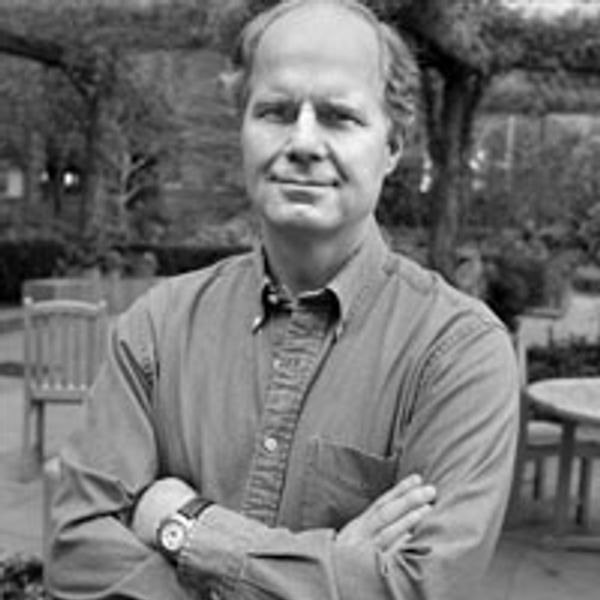Lia Purpura, Skate’s Egg Case (detail), featured in AGNI 102
ED
The first challenge was to find a new name for impotence. The traditional term implied that the man was globally weak, deprived of his power. “Erectile dysfunction” localized the problem to a single organ. “ED” renders the issue even less momentous, a sort of annoying imp who interferes with one’s manly relations but does not ultimately vanquish them.
The next step, promulgated almost simultaneously, was the release of a pill. At about $10 per tablet, Viagra® rapidly became the most successful drug ever launched. The first advertisements depicted men whose sexual difficulties resulted from illness. ED wasn’t their fault. (Fault can be a big deal in health. One recalls the middle-aged suburban mom who spoke at the 1988 Republican National Convention about her HIV infection. Like the boy Ryan White, she had been infected with the virus via blood transfusion. HIV wasn’t their fault, unlike the gay men and IV drug users who by inference could be blamed for their illnesses.) When former presidential candidate Bob Dole spoke in television commercials about his ED (a result of prostate cancer; not his fault either!), talking about impotence had reached the mainstream. Later, the advertisements in medical journals became less tentative. “Treat him like a man,” read the copy. The next generation of ads showed smirking forty-year-olds with devils’ horns. And the manufacturer reports that by October 2001, three years after its release, the medication had been taken by over seven million men. By June 2005, over twenty-three million men, over a billion pills.
Insurers echo the “fault” theme. If they pay for the drug at all, they may first require the physician to assert in writing that the patient suffers from a disease that causes erectile dysfunction. They also pay if impotence was caused by a medication—as frequently happens with antidepressants and antihypertensive drugs—a pill to correct the side effects of a pill. In the U.S., both Medicaid, the insurance program for the poor, and the Veterans Administration provide Viagra to their beneficiaries. However, in June 2005, the U.S. House of Representatives voted to prohibit Medicaid and Medicare from paying for medications to treat erectile dysfunction.*
In classical Hinduism, a man passed through four stages of life, asramas: the student, the householder, the forest-dweller, and the ascetic.** Each stage has its proper duties and obligations. The latter two stages, which begin when a man “has seen the children of his children,” are times of devotion, abstinence, and austerity. Sex in this stage would defy dharma.
Once, an old man felt freed from sex. Now, he is bound to eternal tumescence.
Alas: gone are the jokes. No more of Chaucer’s Pardoner, vain simoniac, singing lasciviously but beardless, as if “he were a gelding or a mare”, his wallet in his lap. No more Boccaccio’s amorous tricksters, outwitting the old husbands who failed to satisfy their young wives. No more limp victims of Catullus’ and Juvenal’s poetic wrath. If only they’d lived in our more robust age.
*House Amendment 359 to H.R. 3010. June 24, 2005.
** The Laws of Manu, translated by Wendy Doniger. New York: Penguin Books, 1991. The doctrine is described in chapters two through six, and the citation is from p. 117 of this edition.

Charles Bardes, M.D.
Charles Bardes is a physician who practices and teaches medicine in New York. His book-length prose poem, Diary of Our Fatal Illness (University of Chicago Press, Phoenix Poets, 2017), narrates the illness and death of an aged man. Other poems, essays, and ruminations have appeared in AGNI, Raritan, Ploughshares, The New England Journal of Medicine, and elsewhere. Pale Faces: The Masks of Anemia (Bellevue Literary Press, 2008) is an extended lyric essay that probes the mythological and cultural aspects of a common disease construct. In 2018 he received the Blackwell Prize in Writing, which “honors a writer who exhibits exceptional talent on the printed page, as well as meaningful social commitments on the public stage.” More info at charlesbardes.com. (updated 3/2020)
